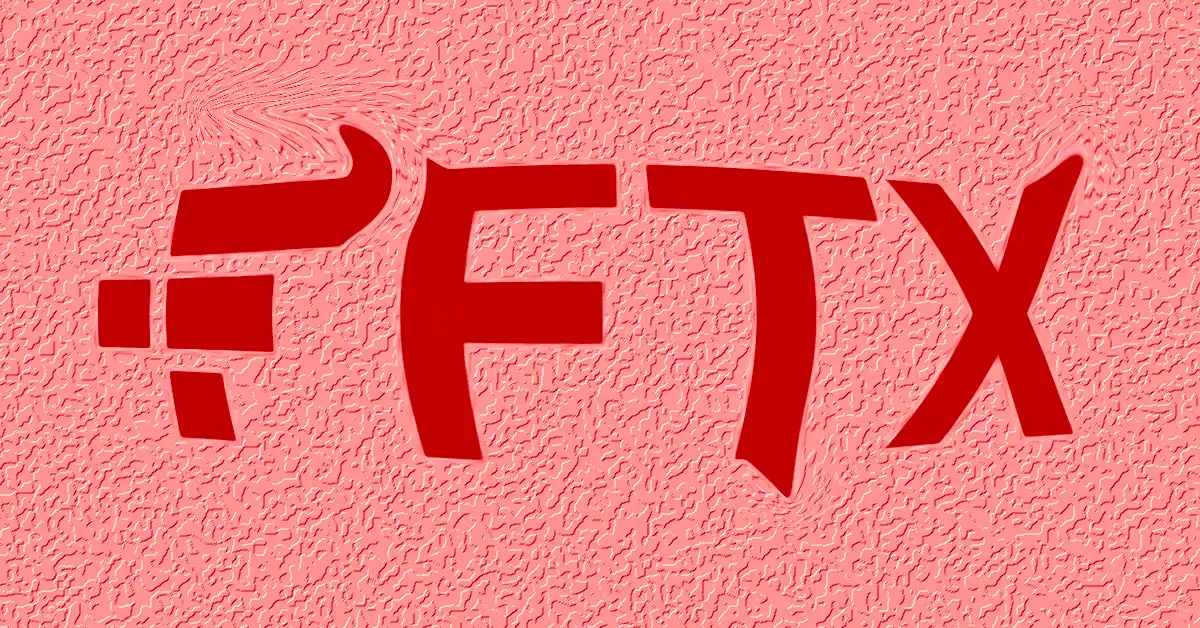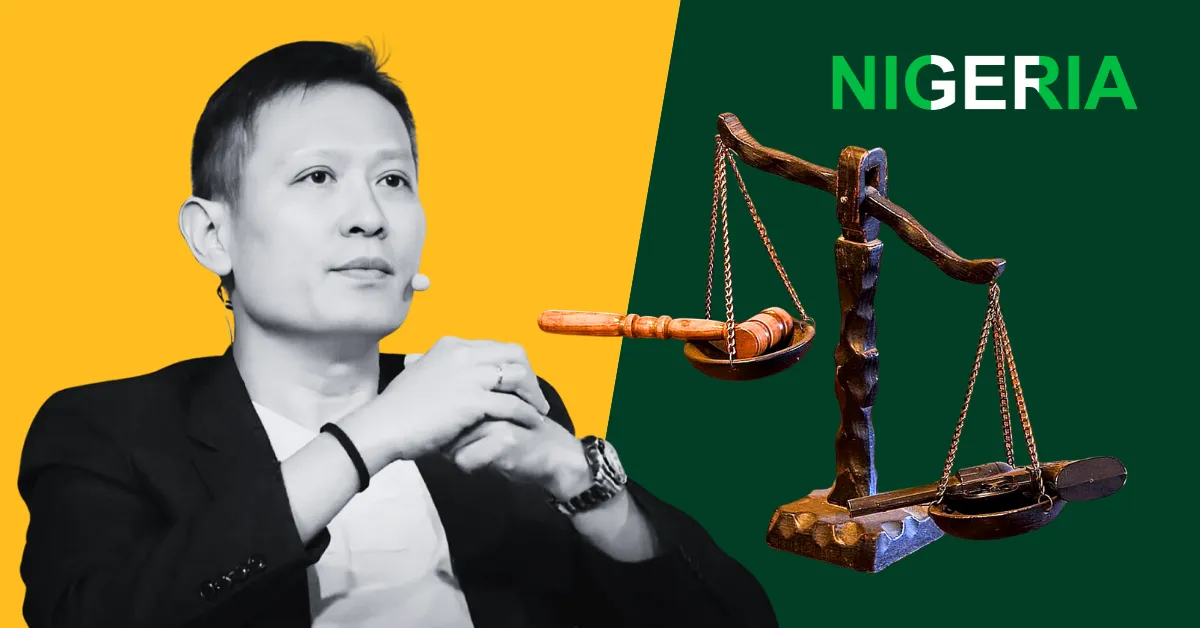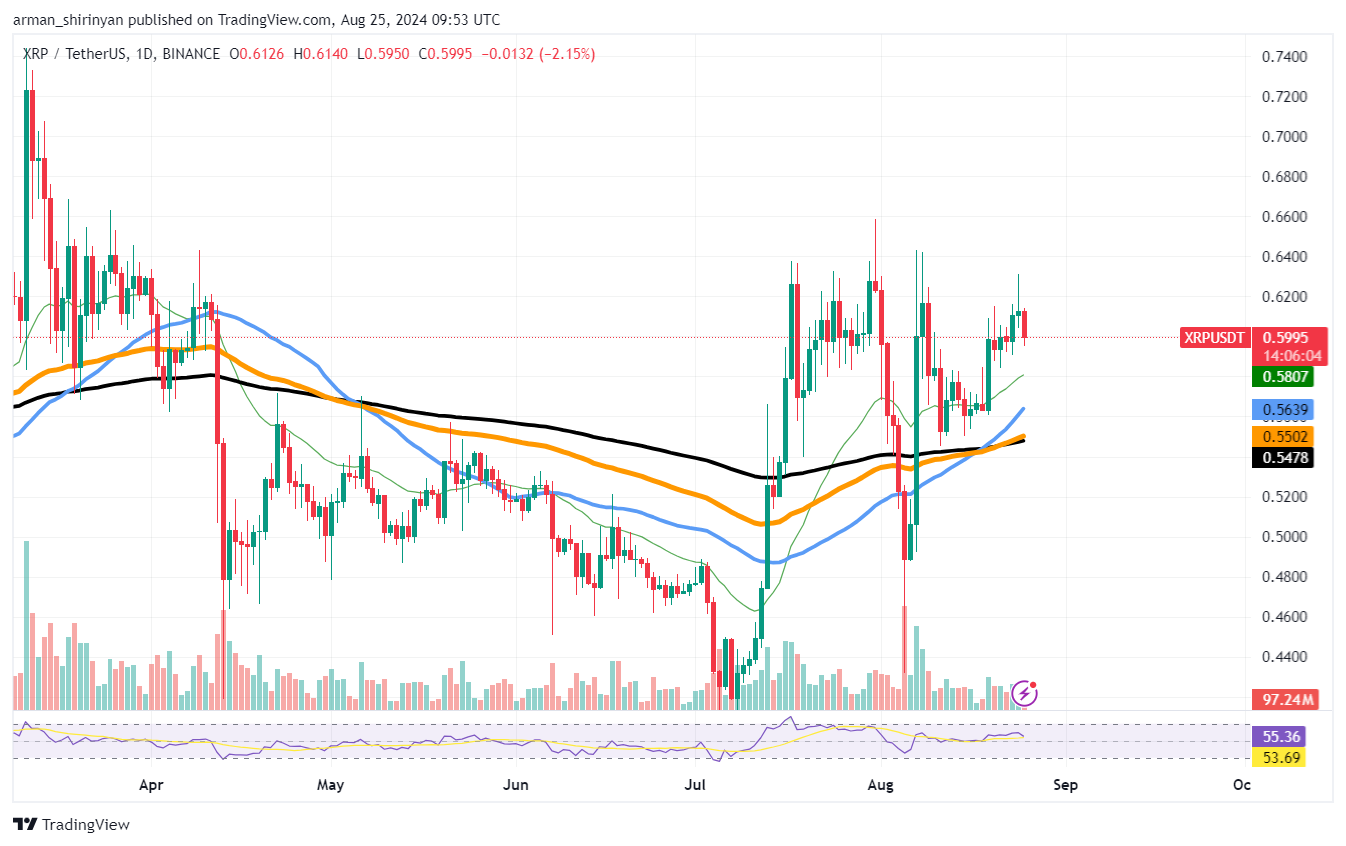A significant group of FTX creditors, led by Sunil Kavuri, has posed objection to the proposed bankruptcy reorganization plan of FTX, which gave rise to several concerns. One of the most primary objections is the plan not serving the best interests of the creditors.
According to them, cash reimbursement would result in a taxable event, which would lead to unnecessary financial burdens. Therefore, they instead made a proposal for reimbursement of assets in-kind, which would indeed be more equitable as well as avoid the issue of forced taxation.
Tax Implications and Legal Friction
The bankruptcy controversy is further complicated by tax implications. Creditors’ objection to receiving cash payments, ultimately leading to tax liabilities, emerges amidst the settlement of FTX with the IRS. It saw a reduction in tax bill from $24 billion to $200 million. In spite of this huge reduction, the creditors have divided opinions on the overall plan of bankruptcy.
In fact, resistance was also posed at the attempt of FTX estate to distribute funds, as creditors claimed that the estate was somewhat attempting to distribute assets that were stolen. Therefore, this tension further strained the relations between the involved parties.
Historical Discontent and Legal Actions
The friction witnessed between FTX’s bankruptcy estate and its creditors isn’t new. Sheer disappointment was expressed by the Official Committee of Unsecured Creditors (UCC) of FTX in 2023, about the estate’s reorganization plan, as they did not take any of their input.
In addition, the UCC stated that the proposed provisions would only make the bankruptcy process unnecessarily complicated and long. This currently ongoing conflict reached its peak earlier this year, in January 2024 with the demand of creditors for reimbursement based on current market prices and not depressed prices from 2022, bringing to light a major contention in the bankruptcy proceedings about property rights and valuation.
Lawsuits and Independent Probes
In February 2024, tensions increased as FTX creditors filed a lawsuit against Sullivan & Cromwell, the legal firm supervising the bankruptcy. The firm was accused of complicity in FTX’s dishonest activities, who were claimed to be unaware of the issue prior to the collapse of the exchange.
However, an independent investigation was conducted later, which cleared that Sullivian & Cromwell didn’t involve in any malpractice, and said they have no prior knowledge of the fraud. In spite of this, the lawsuit points at the intense mistrust and legal battles that have characterized the bankruptcy process of FTX, and highlights the complex nature and high stakes required to resolve the creditors’ claims.







